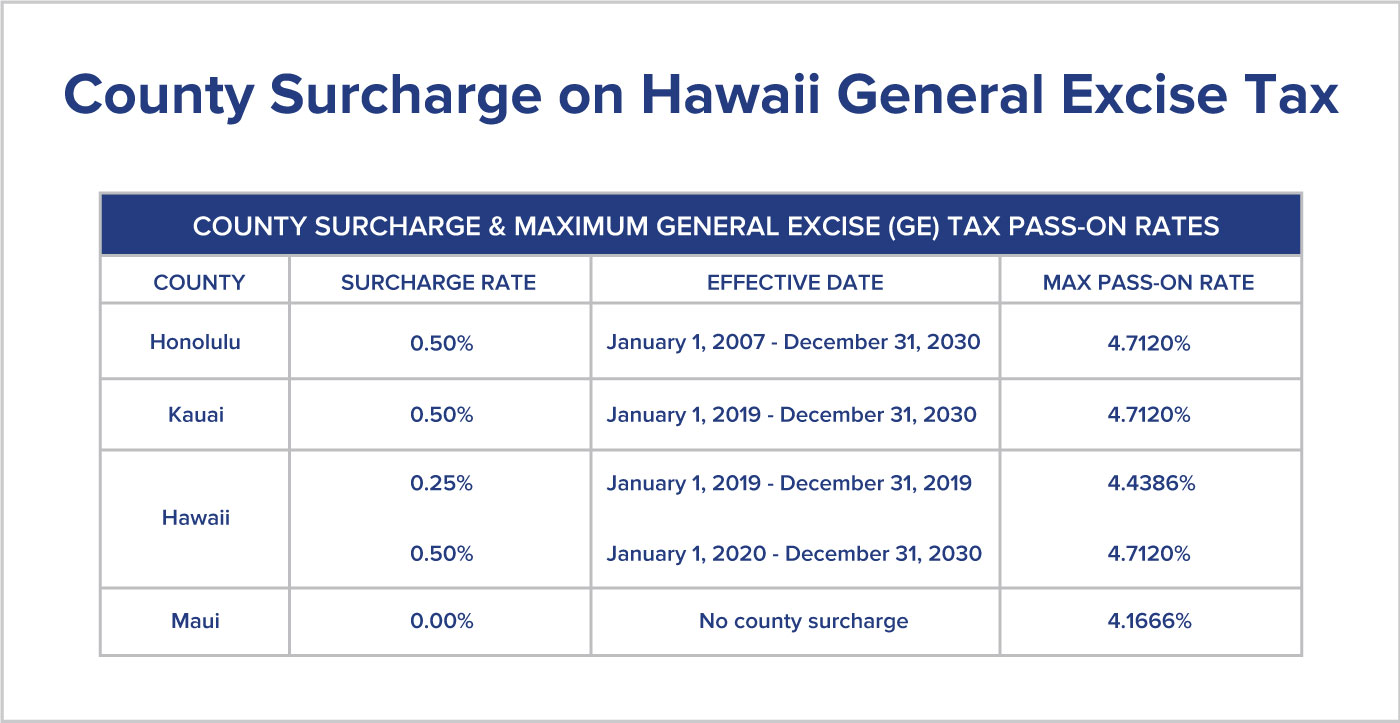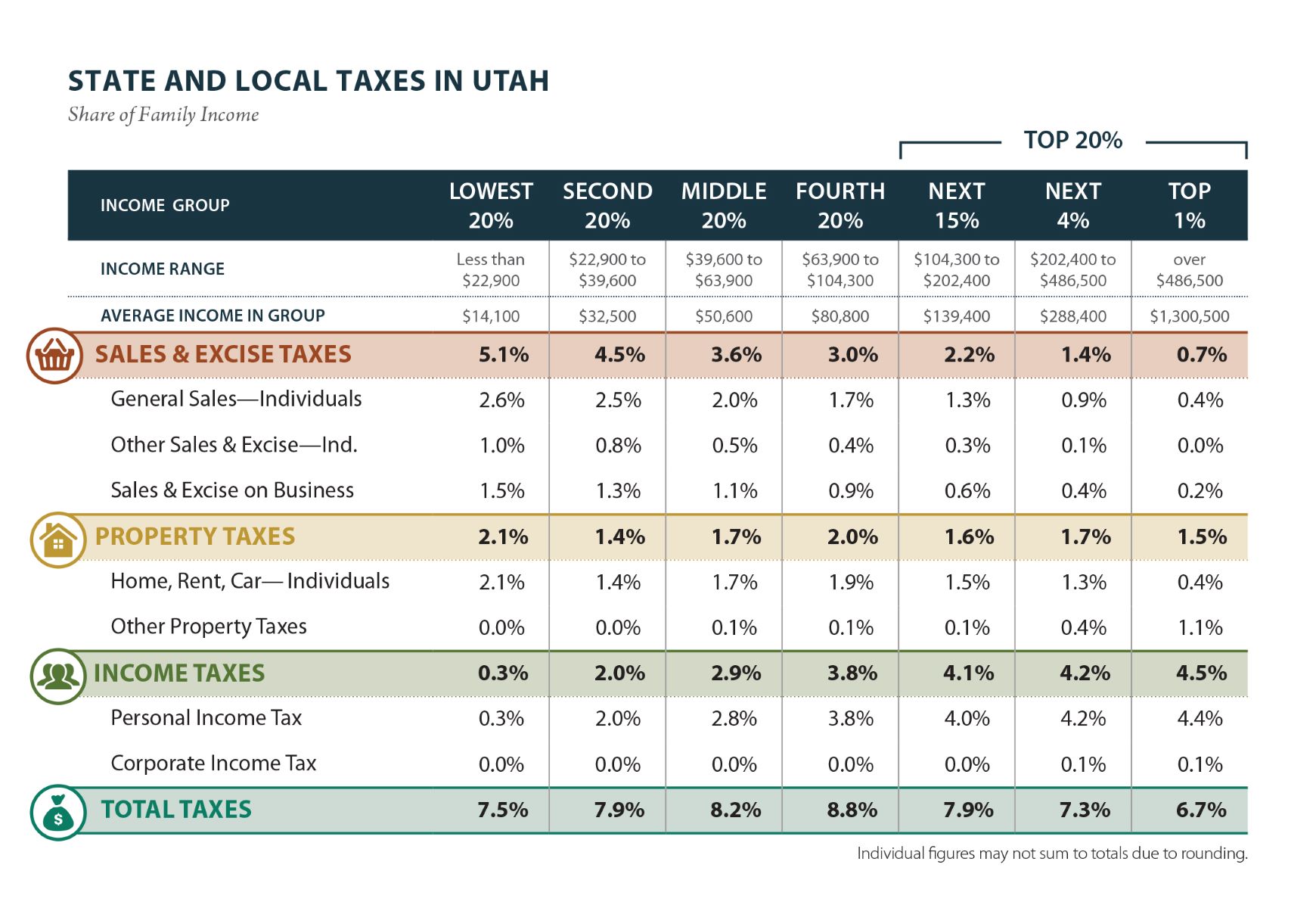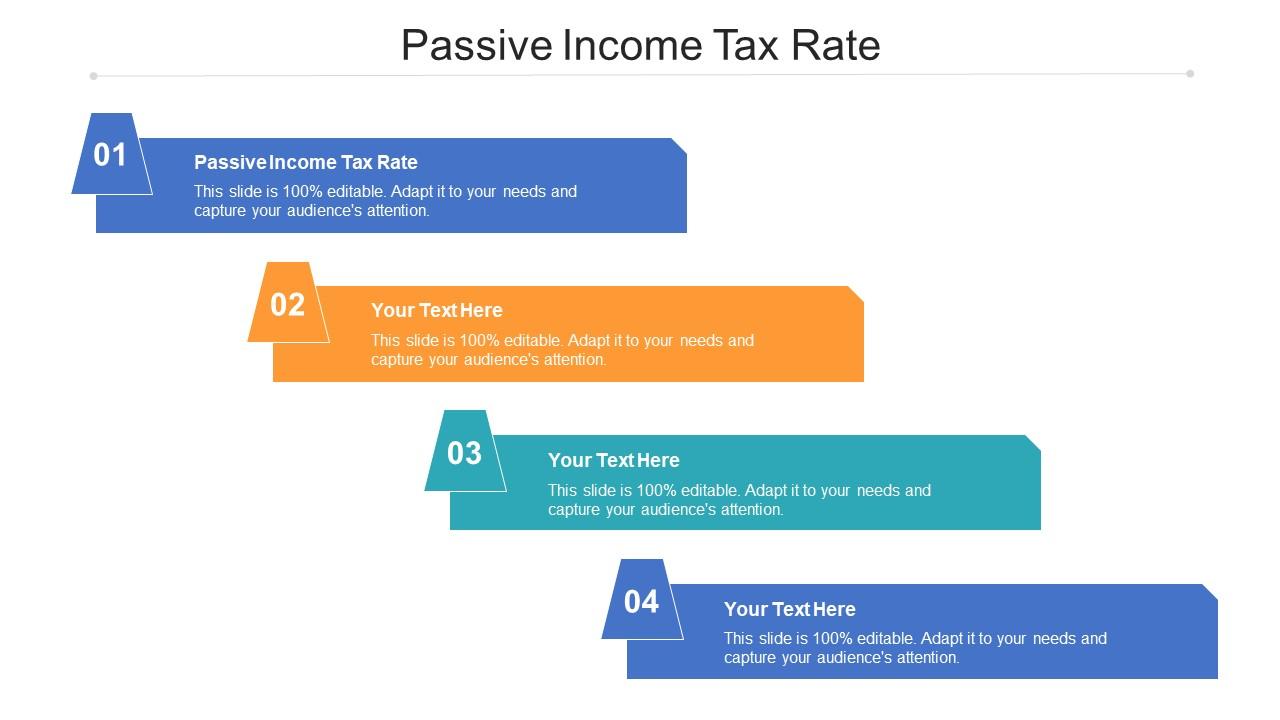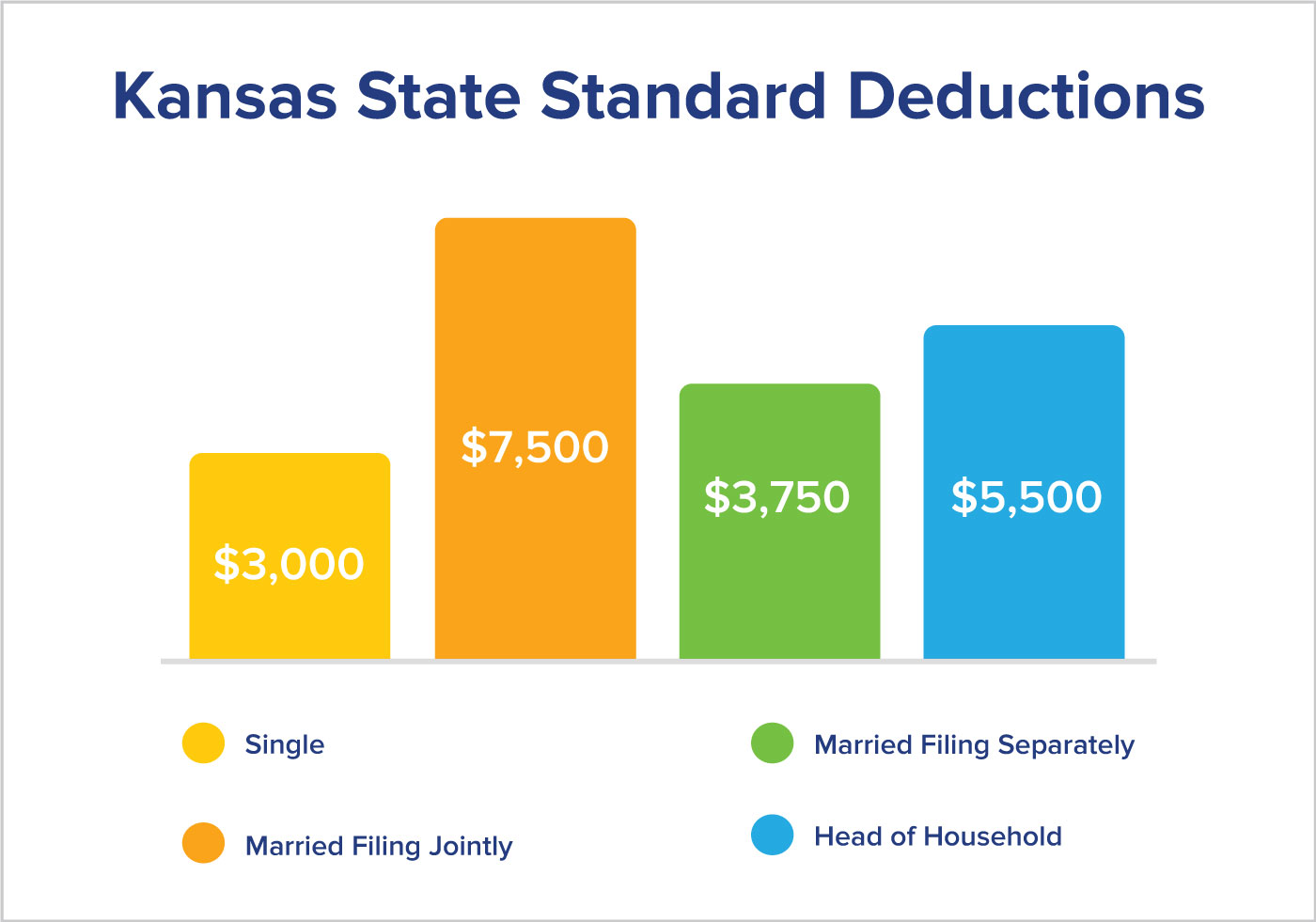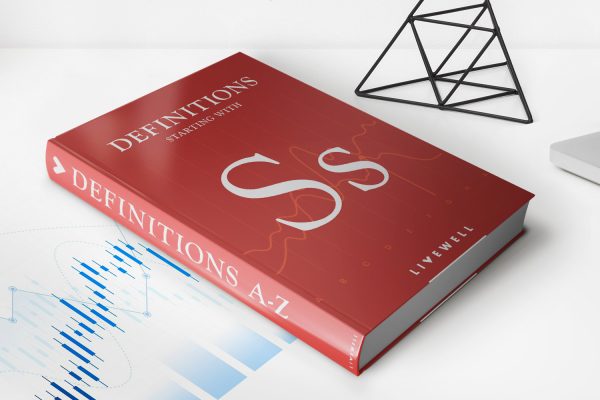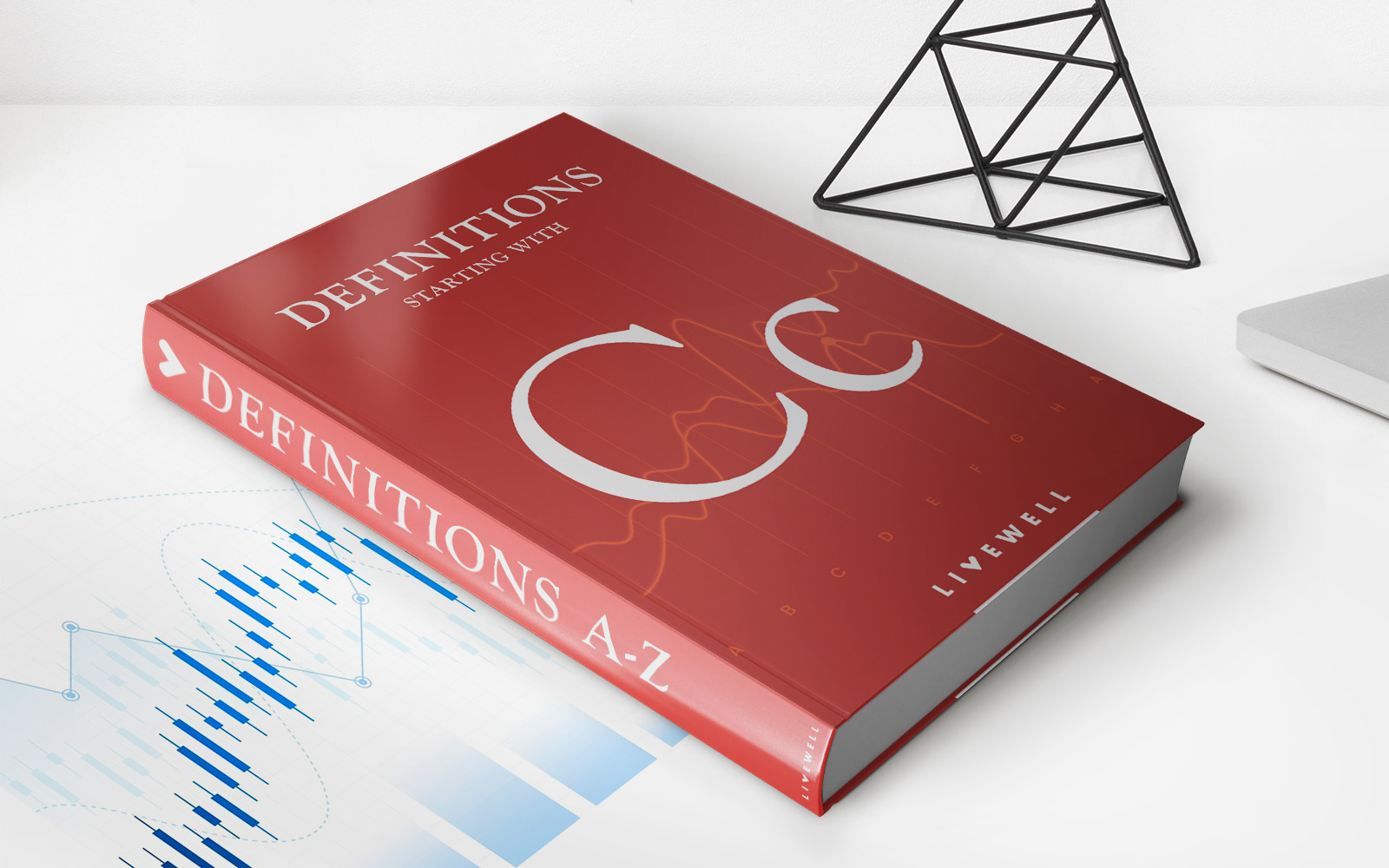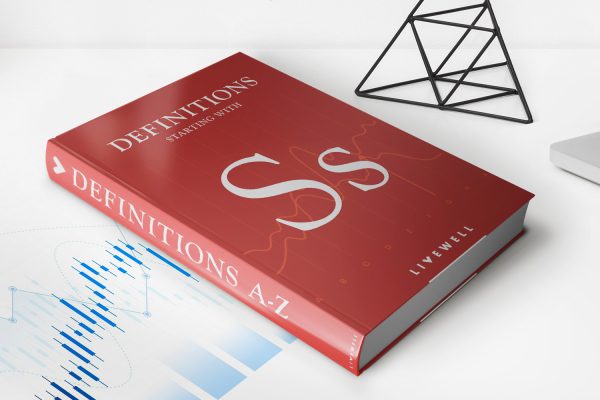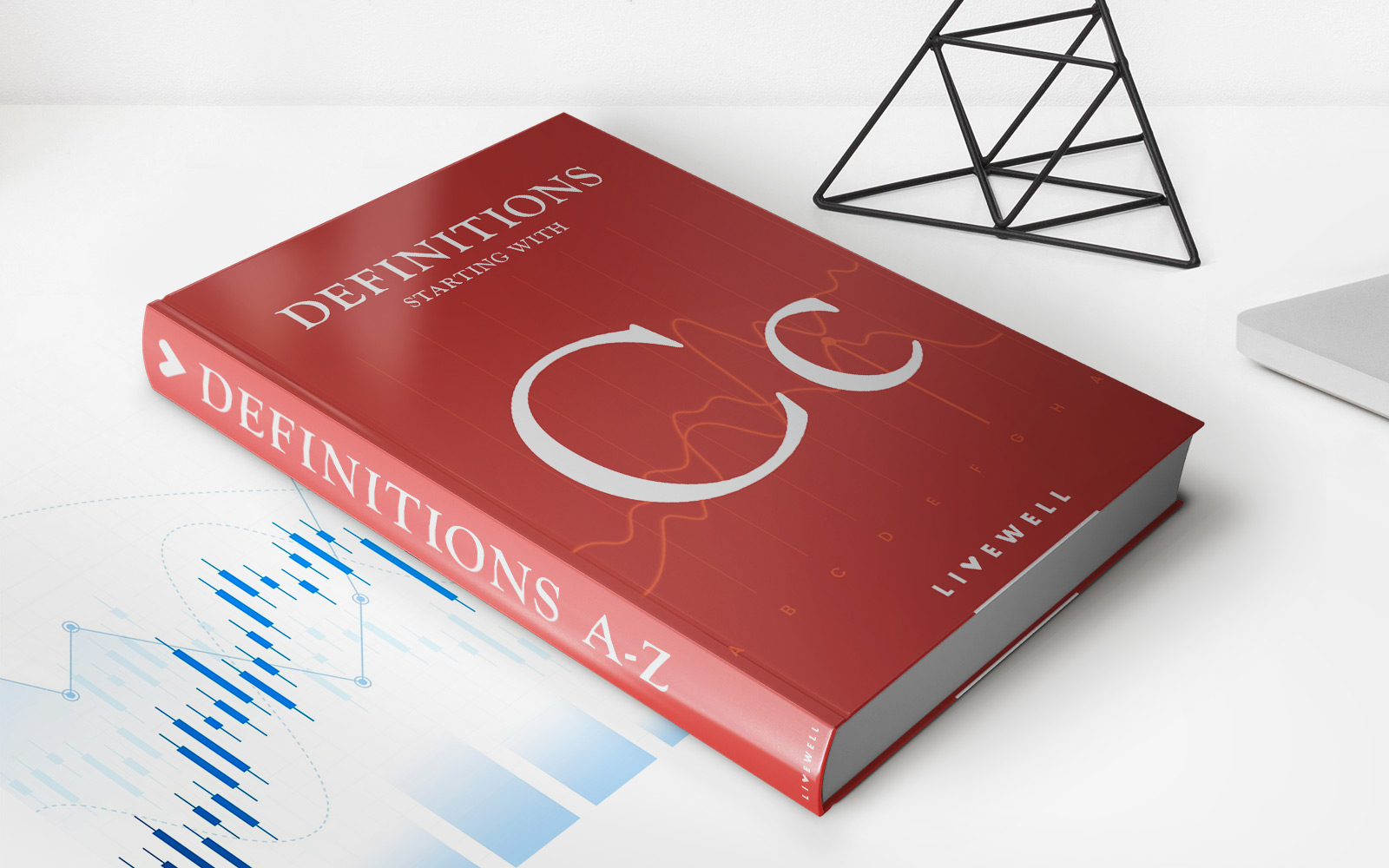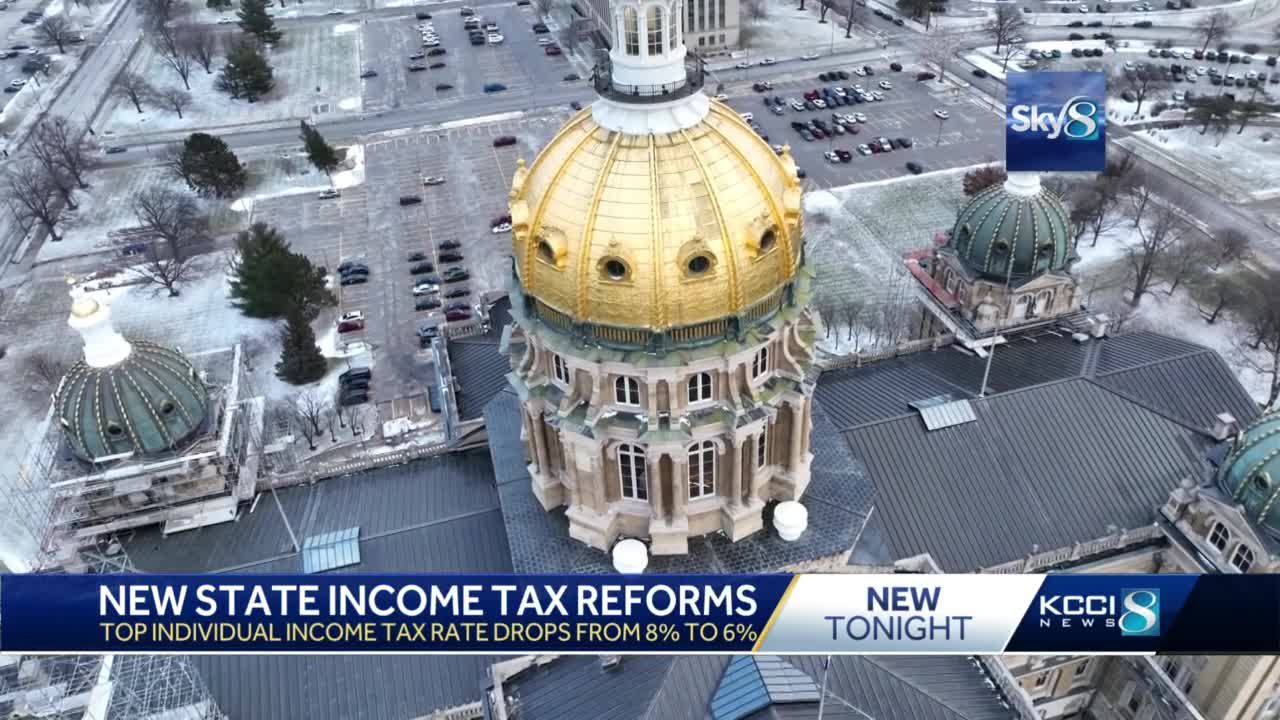

Finance
What Is The Income Tax Rate In Iowa
Published: November 2, 2023
Looking to understand the income tax rate in Iowa? Get all the information you need about finance and taxes in Iowa to stay informed and make smart financial decisions.
(Many of the links in this article redirect to a specific reviewed product. Your purchase of these products through affiliate links helps to generate commission for LiveWell, at no extra cost. Learn more)
Table of Contents
Overview of Iowa Income Tax
Income tax is a crucial component of the state’s revenue system, and Iowa is no exception. Like many other states, Iowa imposes an income tax on individuals and businesses. This tax helps fund various public services and government programs, such as education, infrastructure, and healthcare.
Residents of Iowa are required to report their income and pay taxes on both their federal and state levels. Iowa has a progressive income tax system, meaning that tax rates increase as taxable income rises. It is important for taxpayers to familiarize themselves with the Iowa income tax structure to ensure compliance and take advantage of any available deductions or credits.
Income tax in Iowa is calculated based on a taxpayer’s federal adjusted gross income. This means that certain deductions and exemptions allowed on the federal level will also impact the Iowa state income tax. It is essential to file federal taxes before calculating and filing state income taxes in Iowa.
It is important to note that income tax rates and brackets can change periodically, so taxpayers should always consult the most recent information provided by the Iowa Department of Revenue or seek professional tax advice.
Overall, understanding the basics of Iowa income tax is crucial for residents and businesses alike. By staying informed and properly filing taxes, individuals can contribute to the state’s revenue system while also taking advantage of any applicable deductions or credits to reduce their tax liability.
Determining Taxable Income in Iowa
When it comes to determining taxable income in Iowa, taxpayers must follow specific guidelines set by the state’s Department of Revenue. The process begins with calculating the taxpayer’s federal adjusted gross income (AGI), which includes various sources of income such as wages, salaries, dividends, interest income, business income, and rental income.
Once the federal AGI is determined, taxpayers can then make necessary adjustments to arrive at the Iowa net income. Certain deductions allowed on the federal level, such as educator expenses and student loan interest, are also deductible for Iowa income tax purposes.
However, Iowa does not conform to all federal deductions, so it’s important to review the specific Iowa guidelines for deductions that may differ from federal rules. For example, Iowa does not allow deductions for contributions to Health Savings Accounts (HSAs) or interest income from certain U.S. government obligations.
After making the necessary adjustments, taxpayers arrive at their Iowa net income, which serves as the starting point for calculating their Iowa income tax liability. It is important to note that Iowa does not have a standard deduction, so all taxable income is subject to tax.
Iowa uses a progressive tax system with several tax brackets. The tax rates increase as income levels rise. Taxpayers can refer to the Iowa tax rate schedules to determine their applicable tax rate based on their Iowa net income. It’s important to note that tax brackets and rates may change periodically, so taxpayers should reference the most up-to-date information to ensure accurate calculations.
Overall, determining taxable income in Iowa involves calculating federal adjusted gross income, making necessary adjustments, and calculating Iowa net income using the state’s specific guidelines. Understanding this process is essential for ensuring accurate and compliant tax filings in the state of Iowa.
Iowa Tax Brackets and Rates
Knowing the tax brackets and rates is essential for accurately calculating and filing income taxes in the state of Iowa. Iowa uses a progressive tax system, which means that tax rates increase as income levels rise.
As of the 2021 tax year, Iowa has nine tax brackets with corresponding tax rates ranging from 0.33% to 8.53%. Here is a breakdown of the tax brackets and rates for single filers:
- Income up to $1,663: 0.33%
- Income between $1,664 and $3,326: 0.67%
- Income between $3,327 and $6,652: 2.25%
- Income between $6,653 and $14,996: 4.14%
- Income between $14,997 and $24,994: 5.63%
- Income between $24,995 and $32,990: 5.96%
- Income between $32,991 and $49,485: 6.25%
- Income between $49,486 and $73,230: 7.44%
- Income over $73,230: 8.53%
It’s important to note that these tax brackets and rates may change from year to year, so taxpayers should refer to the most up-to-date information provided by the Iowa Department of Revenue.
Calculating the actual tax liability involves applying the applicable tax rate to the specific income within each tax bracket. For example, if a taxpayer has an income of $40,000, they would pay 0.33% on the income up to $1,663, 0.67% on the income between $1,664 and $3,326, and so on, until reaching the highest tax bracket for the remaining income.
It’s important to review the Iowa tax brackets and rates annually to ensure accurate tax calculations and compliance with state tax laws. Taxpayers can utilize tax software or consult a tax professional to ensure their income taxes are filed correctly and take advantage of any available deductions or credits to optimize their tax situation.
Iowa Deductions and Credits
When it comes to reducing taxable income and optimizing tax liabilities, taxpayers in Iowa can take advantage of various deductions and credits. These deductions and credits help taxpayers lower their overall tax burden and potentially increase their tax refunds. Let’s explore some of the common deductions and credits available in Iowa:
Iowa Standard Deduction:
While Iowa does not have a standard deduction, taxpayers can still claim itemized deductions on their state tax return if they choose to itemize instead of taking the standard deduction on their federal return. Itemized deductions can include things like mortgage interest, state and local taxes paid, medical expenses, and charitable contributions.
Iowa Earned Income Tax Credit (EITC):
The Iowa Earned Income Tax Credit is a refundable credit designed to assist low-to-moderate income workers and families. This credit, which is based on the federal EITC, helps reduce the overall tax liability or can even result in a refund for eligible taxpayers.
Iowa Child and Dependent Care Credit:
Iowa offers a child and dependent care credit, allowing taxpayers to claim a credit for expenses incurred for the care of qualifying children under the age of 13 and certain dependents. This credit can help alleviate the financial burden of child care expenses and reduce the taxpayer’s state tax liability.
Iowa Education Savings Account Deduction:
Taxpayers in Iowa can deduct contributions made to an Iowa 529 plan, also known as an education savings account. Contributions to these accounts can help plan for future education expenses and reduce taxable income.
Iowa Property Tax Credit:
Iowa provides a property tax credit to eligible homeowners and renters. This credit assists in offsetting the burden of property taxes paid on a primary residence or rented property, ultimately reducing the taxpayer’s overall tax liability.
It’s important to note that this is not an exhaustive list of deductions and credits available in Iowa. Taxpayers should consult the Iowa Department of Revenue or seek professional tax advice to determine their eligibility for specific deductions and credits and ensure they are properly claimed on their state tax return.
By taking advantage of these deductions and credits, taxpayers can effectively lower their taxable income and potentially receive a larger tax refund or reduce their overall tax liability, leading to significant savings.
Filing and Paying Iowa Income Tax
Filing and paying your Iowa income tax is a vital part of fulfilling your tax obligations as a resident of the state. Here’s a step-by-step guide to help you navigate the process.
Filing Requirements:
In general, if you are a resident of Iowa and have income that is subject to federal income tax, you are also required to file an Iowa income tax return. Non-residents with Iowa-source income may also need to file a return, depending on certain criteria.
Methods of Filing:
Iowa taxpayers have several options for filing their income tax returns. You can file electronically using eFile & Pay, which is a secure online system offered by the Iowa Department of Revenue. Alternatively, you can choose to file a paper return by mail.
Important Deadlines:
The deadline for filing your Iowa income tax return aligns with the federal income tax deadline, which is typically April 15th. However, if April 15th falls on a weekend or holiday, the deadline may be extended to the following business day.
Payment Options:
When it comes to paying your Iowa income tax, there are several available methods. You can pay online using the eFile & Pay system, where you have the option to pay using a checking or savings account or by credit/debit card. Electronic funds withdrawal can also be arranged for automatic payment.
If you prefer to pay by mail, you can enclose a personal check or money order with your paper return. Make sure to include your payment voucher, which can be found on the Iowa Department of Revenue’s website.
Estimated Tax Payments:
If you expect to owe more than $200 in Iowa income tax for the tax year, you are required to make estimated tax payments. These quarterly payments are typically due on April 30th, July 31st, October 31st, and January 31st of the following year.
It’s important to keep accurate records of your income, deductions, and any credits claimed to ensure the timely and accurate filing of your Iowa income tax return. You can rely on tax preparation software or consult a tax professional to assist you in preparing and filing your return.
Remember to review all applicable forms, guidelines, and instructions provided by the Iowa Department of Revenue to ensure compliance with state tax laws and to maximize any deductions or credits for which you may be eligible.
By meeting your filing and payment obligations, you can fulfill your responsibility as a taxpayer and contribute to the funding of essential public services and programs in the state of Iowa.
Iowa Tax Forms and Resources
When it comes to filing your Iowa income tax, it’s important to have access to the necessary forms and resources to ensure accurate and efficient tax preparation. Here are some key resources you can utilize:
Iowa Department of Revenue Website:
The official website of the Iowa Department of Revenue is a valuable resource for Iowa taxpayers. It provides a wide range of information, including tax forms, instructions, publications, and the latest updates on tax laws and regulations. The website also offers online filing options, payment portals, and frequently asked questions for quick reference.
Iowa Tax Forms:
The Iowa Department of Revenue provides various forms to accommodate different filing situations. Whether you are an individual taxpayer, a business entity, or a tax professional, you can access and download the necessary forms from the department’s website. Commonly used forms include the Iowa 1040 Individual Income Tax Return, the Iowa 1040A, and the Iowa 1040EZ.
Iowa Tax Preparation Software:
Many tax preparation software programs offer the ability to file state income taxes for Iowa along with federal taxes. These software options make the process easier by guiding you through the necessary steps and calculations. They also help ensure accuracy and can provide helpful tax tips and deductions specific to Iowa.
Online Filing and Payment Options:
The Iowa Department of Revenue’s eFile & Pay system allows taxpayers to file their state income taxes online, making the process faster and more convenient. It also provides secure payment options, including electronic funds withdrawal or credit/debit card payments. This online portal is user-friendly and reduces the likelihood of errors in your tax return.
Taxpayer Assistance Programs:
If you have questions or need assistance with your Iowa income tax, the Iowa Department of Revenue offers various taxpayer assistance programs. These include a toll-free helpline, email support, and in-person assistance at regional offices throughout the state. The department’s website provides contact information and office hours, allowing taxpayers to seek personalized guidance when needed.
It’s important to stay updated on the latest tax laws, forms, and resources provided by the Iowa Department of Revenue. Checking the department’s website regularly and referring to the most recent publications and instructions will help ensure accurate and compliant tax filings.
By utilizing these resources and staying informed, you can navigate the Iowa income tax filing process with confidence, ensuring that your tax obligations are met efficiently and accurately.
Frequently Asked Questions about Iowa Income Tax
Understanding the intricacies of Iowa income tax can sometimes be challenging. To help address common queries, we’ve compiled a list of frequently asked questions:
1. What is the income tax rate in Iowa?
Iowa has a progressive income tax system with rates that range from 0.33% to 8.53%. The tax rate you pay is determined by your income level, and it increases as your income rises.
2. When is the deadline to file Iowa income tax?
The deadline to file Iowa income tax aligns with the federal income tax deadline, which is typically on April 15th. If this date falls on a weekend or holiday, the deadline may be extended to the following business day.
3. Are there any deductions or credits available for Iowa taxpayers?
Yes, Iowa offers various deductions and credits that taxpayers can claim to reduce their taxable income and potentially lower their overall tax liability. Some common deductions and credits include the Iowa Earned Income Tax Credit, the Iowa Child and Dependent Care Credit, and the Iowa Property Tax Credit. However, it’s important to review the specific eligibility criteria for each deduction or credit.
4. Do I need to pay estimated taxes in Iowa?
If you anticipate owing more than $200 in Iowa income tax for the tax year, you are required to make estimated tax payments. These payments are typically due quarterly on April 30th, July 31st, October 31st, and January 31st of the following year.
5. Can I file my Iowa income tax return electronically?
Yes, the Iowa Department of Revenue provides an electronic filing system called eFile & Pay, which allows taxpayers to file their Iowa income tax returns online. This system is secure, convenient, and can help expedite the processing of your tax return.
6. What should I do if I need assistance with my Iowa income tax?
If you need assistance with your Iowa income tax, the Iowa Department of Revenue offers several resources. You can contact their toll-free helpline, email their support team, or visit one of their regional offices for in-person assistance. It’s also advisable to consult with a tax professional for personalized guidance.
These are just a few commonly asked questions about Iowa income tax. It’s important to refer to the Iowa Department of Revenue’s website or seek professional advice for specific questions related to your individual circumstances to ensure accurate and compliant tax filings.
Conclusion
Navigating the world of Iowa income tax can initially seem complex, but with the right information and resources, you can confidently file your taxes while optimizing your financial situation. Understanding the tax brackets and rates, deductions, credits, and filing requirements is essential for accurate and compliant tax filings.
By familiarizing yourself with the Iowa Department of Revenue’s website and utilizing their online tools and resources, such as eFile & Pay, you can simplify the filing process and ensure timely submission of your tax return. Additionally, staying informed about changes in tax laws and seeking professional advice when needed can help you maximize deductions and credits, potentially reducing your tax liability or increasing your tax refund.
Remember, meeting your Iowa income tax obligations not only contributes to the funding of vital public services but also helps you avoid penalties and interest that may arise from non-compliance. By filing and paying your Iowa income tax on time, you can maintain a good standing with the state’s tax authority.
Whether you’re an individual taxpayer or a business entity, staying informed, using the appropriate tax forms, and taking advantage of available resources will help streamline the process and ensure accurate reporting of your income and deductions.
Keep in mind that tax laws and regulations can change, so it’s crucial to review the most recent information provided by the Iowa Department of Revenue. Remaining proactive in understanding and fulfilling your Iowa income tax obligations will put you on the path to financial responsibility and peace of mind.
Remember, when it comes to your specific tax situation, it’s always beneficial to consult with a tax professional or financial advisor, as they can provide personalized guidance tailored to your needs. With the right knowledge and guidance, you can navigate the Iowa income tax landscape with confidence and achieve the best possible outcome for your tax filings.




